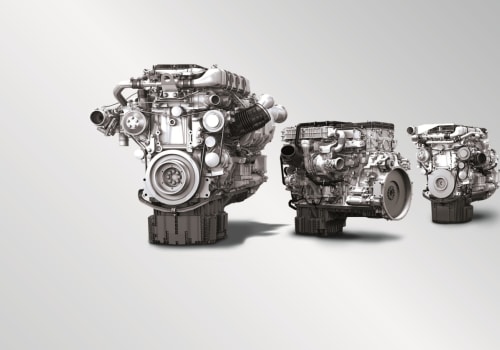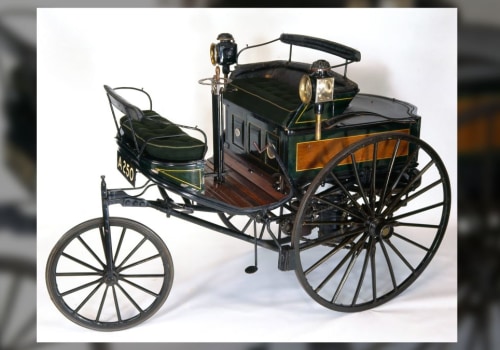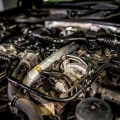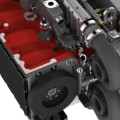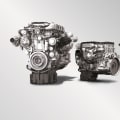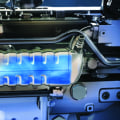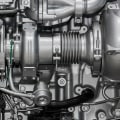Diesel engines have been around for over a century, and they have become the workhorses of the energy industry. They are installed on heavy trucks, container ships, and trains, and are used to tow larger loads and meet the most demanding primary energy generation needs. But what are the advantages and disadvantages of diesel engines? To get the most out of a diesel engine, it is necessary to travel many kilometers on the road, where the design of the engine and the increase in fuel economy stand out. In fact, if you drive most of the time in short cities and at low speeds, you could end up clogging the engine's particulate filter and requiring additional maintenance.
Some of the biggest drawbacks of diesel engines have been substantially improved in recent years, such as their tendency to pollute, loud noise, and difficulty starting in cold climates. However, there are still a couple of things to consider before you jump on the diesel train, so you know what to expect. Diesel engines are inherently more efficient than gasoline engines because of their burning method and lower fuel consumption. Unlike gasoline or gasoline engines, which use a spark plug to ignite the air-fuel mixture in the combustion chamber, the diesel engine compresses the air inside until it is warm enough to spontaneously ignite the fuel when it is sprayed into the chamber.
By the way, no spark plugs or distributors also means that there are no ignition settings for diesel engines. The performance of diesel engines has earned them a great reputation, which is reflected when it comes time to re-market one. Consumers in the used engine market are looking for engines that have a lot of useful life left and that are not a big repair project to work properly. A diesel that undergoes regular maintenance meets all of these requirements and has a higher price.
Historically, diesel fuel was priced lower than gasoline, but that has changed since the turn of the millennium. Several factors have contributed to this, including popular demand for diesel, rising production costs due to stricter environmental regulations, and a higher federal excise tax on diesel than on gasoline. However, since diesel engines are so efficient, their fuel costs per kW of power produced are usually lower than those of other engines, making this “scam” often debatable. As it stands, the circulation of diesel vehicles in highly polluted areas can improve the quality of air that is polluted from other sources, not just older diesel vehicles. While it is wrong to say that newer diesel vehicles emit “excess NOx” and worsen air quality, newer diesel vehicles contribute to cleaning the air in polluted areas, such as PM. It was demonstrated that a modeled diesel engine converted to dual fuel (diesel-hydrogen) following this approach offers full-load efficiencies of between 40 and 45% and reduces efficiency penalties, which reduces the load, works slightly better than the reference diesel at each point of operation. Fueling options considered include single-fuel and dual-fuel applications with diesel and a gaseous fuel (CNG, LNG and LPG).
There is some debate about the environmental impact of diesel compared to gasoline-powered cars, but modern diesel vehicles produce less CO2 per gallon of fuel than comparable gasoline engines. The high compression ratio of diesel vehicles generates more torque, making diesel engines a better option for pulling or carrying a lot of weight. If you're wondering if trucks or diesel cars are worth it, consider the pros and cons of diesel cars and trucks. Advantages:
- Better Fuel Economy: Diesel engines are more efficient than gasoline engines because they burn fuel more slowly.
- More Torque: The high compression ratio of diesel vehicles generates more torque than gasoline engines.
- Higher Resale Value: Diesel engines have a higher resale value due to their reputation for performance.
- Higher Maintenance Costs: Diesel engines require more maintenance than gasoline engines due to their complexity.
- Higher Fuel Prices: Diesel fuel is typically more expensive than gasoline.
- Pollution: Older diesel vehicles can produce more pollution than newer models.



